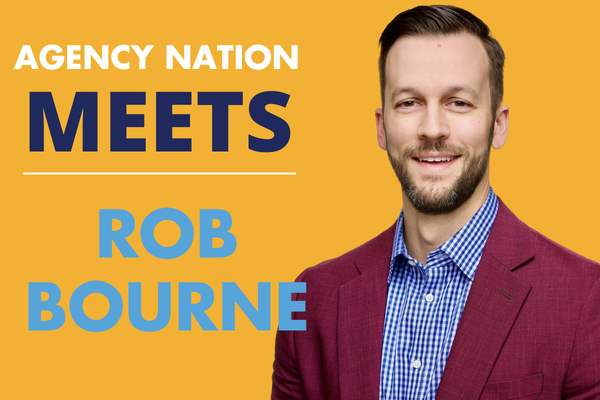3 Insurance Cuss Words to Avoid
By: Chris Boggs
Growing up, you knew which words you could say and could not say, and if you didn’t, that slap on the back of your head or that disapproving look made it clear that a recently uttered word was inappropriate. In adulthood, some of us developed a bad language habit. I did, until I heard someone else using the same language.
When it comes to insurance, I’ve noticed some insurance practitioners who are guilty of using bad language. Yes, there are certain words and phrases used by many insurance practitioners that should not be used in polite company, mainly because they are just inappropriate, dirty and wrong.
Here are three of the most commonly misused terms:
1) Blanket additional insured. In the ISO world, there is no such thing as a blanket additional insured endorsement. Yes, there are “automatic” additional insured endorsements, but no “blanket” endorsement.
The difference is connotation. “Blanket” conveys the idea that everyone is covered as an additional insured, whereas the reality of “automatic” is that additional insured status is granted when specific conditions are met. While this appears semantic, in the ears of a client or certificate holder, there is a big difference.
2) All risk. Hopefully this term disappeared long ago from your lexicon, but if it didn’t, promise me the phrase “all risk” will never again cross your lips. As you know, Judge Wapner, Judge Judy—or whichever judge you follow—has a very hard time when someone is told their property policy is written on an “all risk” basis. To the court, this means everything that happens is covered, which we all know is a lie.
Over the years, the industry has tried to tone down this term, preferring euphemisms such as “open cause of loss,” “open peril” or even “risk of direct physical loss.” While these are less offensive, non-insurance professionals—like lawyers and judges—gave these terms broader meaning than the industry intended. Now, we must refer to this breadth of coverage as “causes of loss – special form.” But even this non-descriptive term can be misunderstood.
3) Full coverage. Although we think we know what is meant by this phrase, what does the phrase “full coverage” truly mean? Insurance practitioners understand “full coverage” to mean an auto is covered for liability, medical payments and physical damage—collision and other than collision—and maybe even uninsured or uninsured/underinsured coverage. But how full is full?
Does “full coverage” mean that the insured will be paid replacement cost if something happens to their car—with no deductible? Yes, it must because depreciated value wouldn’t qualify as “full coverage.”
Insureds don’t actually have full coverage, even if they have liability, medical payments, uninsured and underinsured motorist, physical damage coverage and any other optional coverage. The coverage they have is always something less than “full.”
So, if you can’t call it “full coverage,” what do you call it? That’s a reasonable question. You don’t group the coverages into one term because you can’t. You layout each coverage for the insured, explaining what limits, limitations and deductibles apply because there are limits, deductibles, exclusions and conditions, which means the insured will never have “full coverage.”
Why do I make such a big deal about cleaning up our language? Because words have meaning. When you use bad language and these cuss words, your clients or some other party may think they are getting something they are not. Disappointment is a function of expectation—when others think they are getting protection they aren’t, a court date may be in your future.
Never use these phrases in professional conversations or writings unless you are making a point. And do correct phraseology and provide appropriate terminology when necessary.
Chris Boggs is Big “I” executive director of risk management and education.










